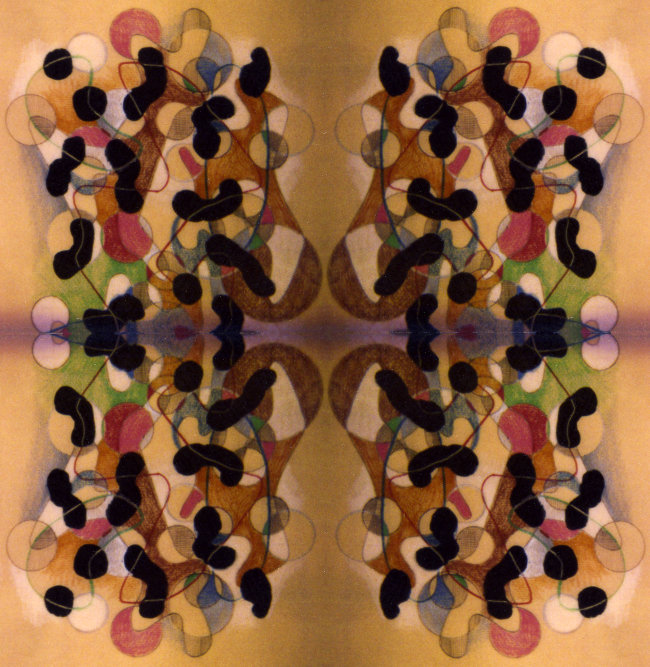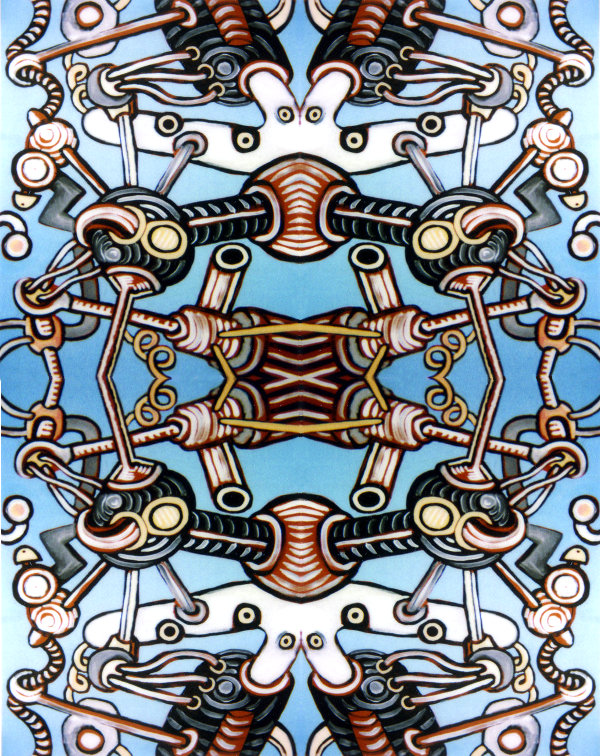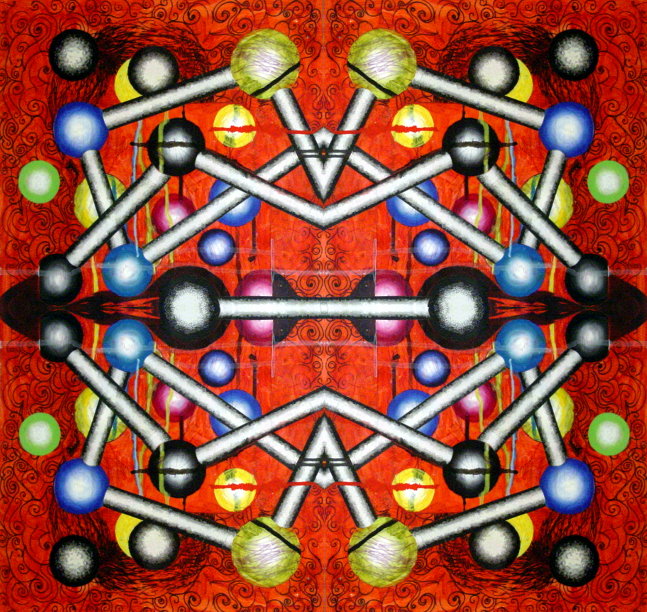The ideal online world is slow, contemplative, ad-free, and revenue-neutral. You read a text and think about it; you look at a picture and save it to your drive for future study; you click a link and music plays; you watch a TV episode, mull it over, and perhaps watch another episode tomorrow.
In the real online world you receive content from "platforms" chock full of ads and interactive bells and whistles. For information, instruction, and entertainment, you watch videos. You are encouraged to "binge."
If you inhabit anything close to the "ideal" scenario above, this Columbia Journalism Review article The Secret Cost of Pivoting to Video may seem like pure babble: 1200 words of intense jargon and industryspeak, meaningful only in the context of a few nanoseconds of history. Nevertheless it's worth a read. Apparently a significant number of online publishers fired writers and switched to video because Facebook lured them with the promise of ad dollars. They lost money because (i) Facebook was "likely" pulling a "bait and switch" to get them to pay to search-optimize their own product (an accusation carefully hedged by CJR) and (ii) many of the publishers lacked the skills to make "good" videos (defined by CJR as "addictive, bright, and fast"). Fascinating. Or not.
Meanwhile, in the slow lane, bloggers are giving themselves extended unpaid vacations and pivoting to jpegs.



